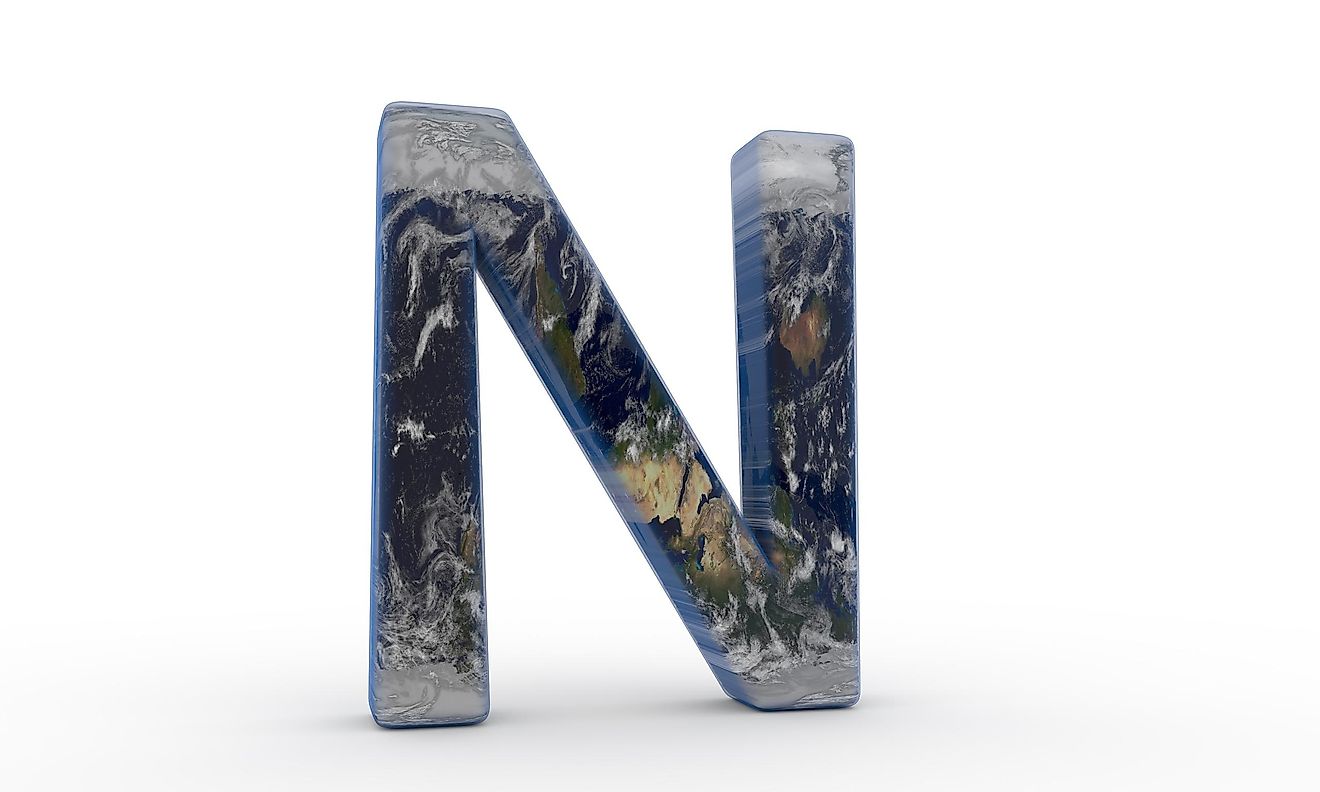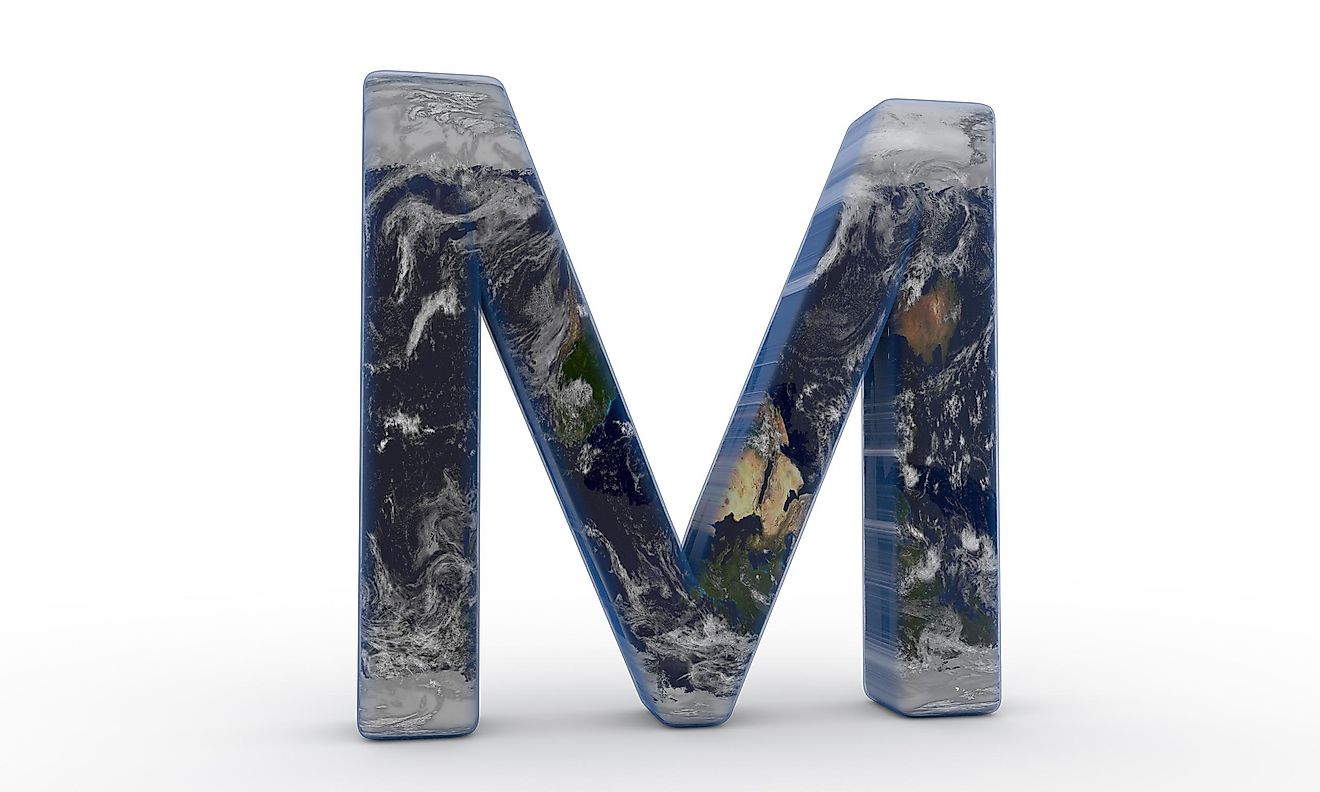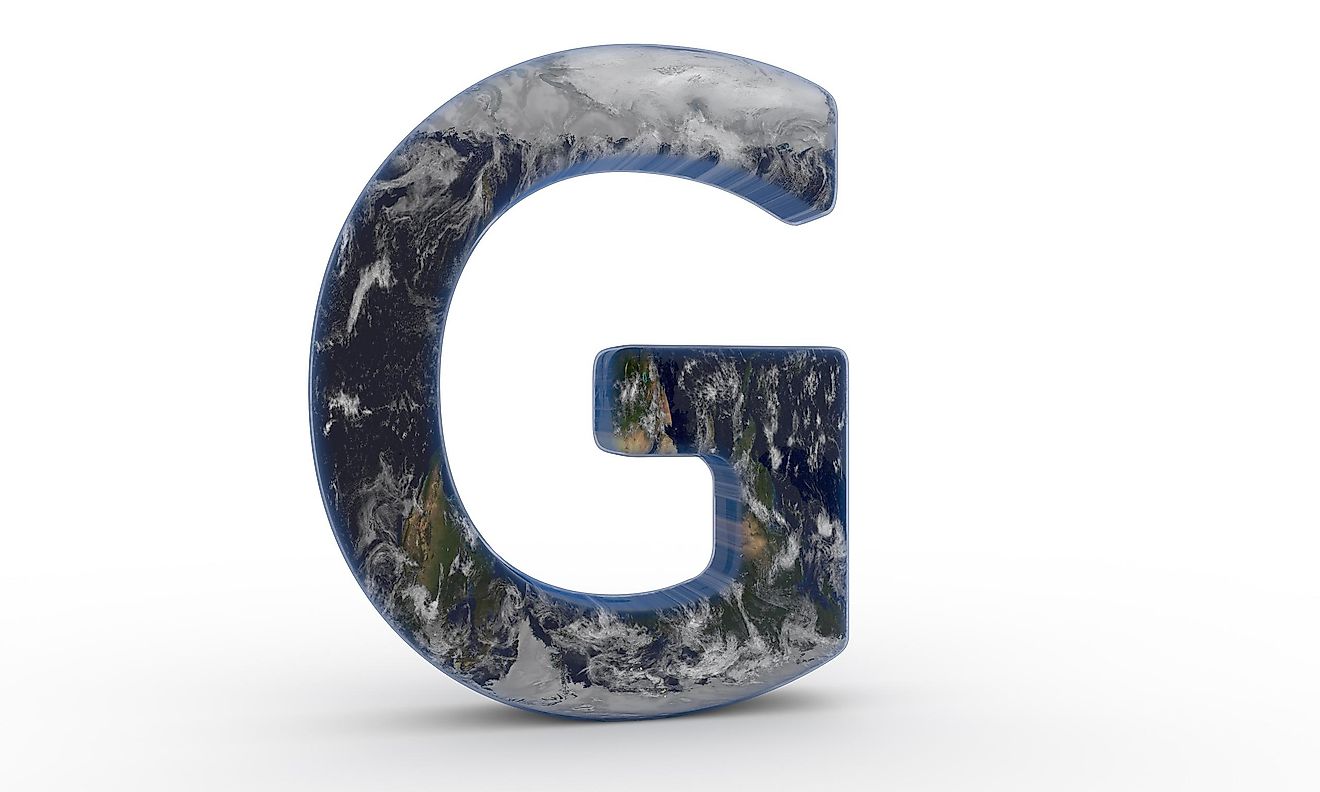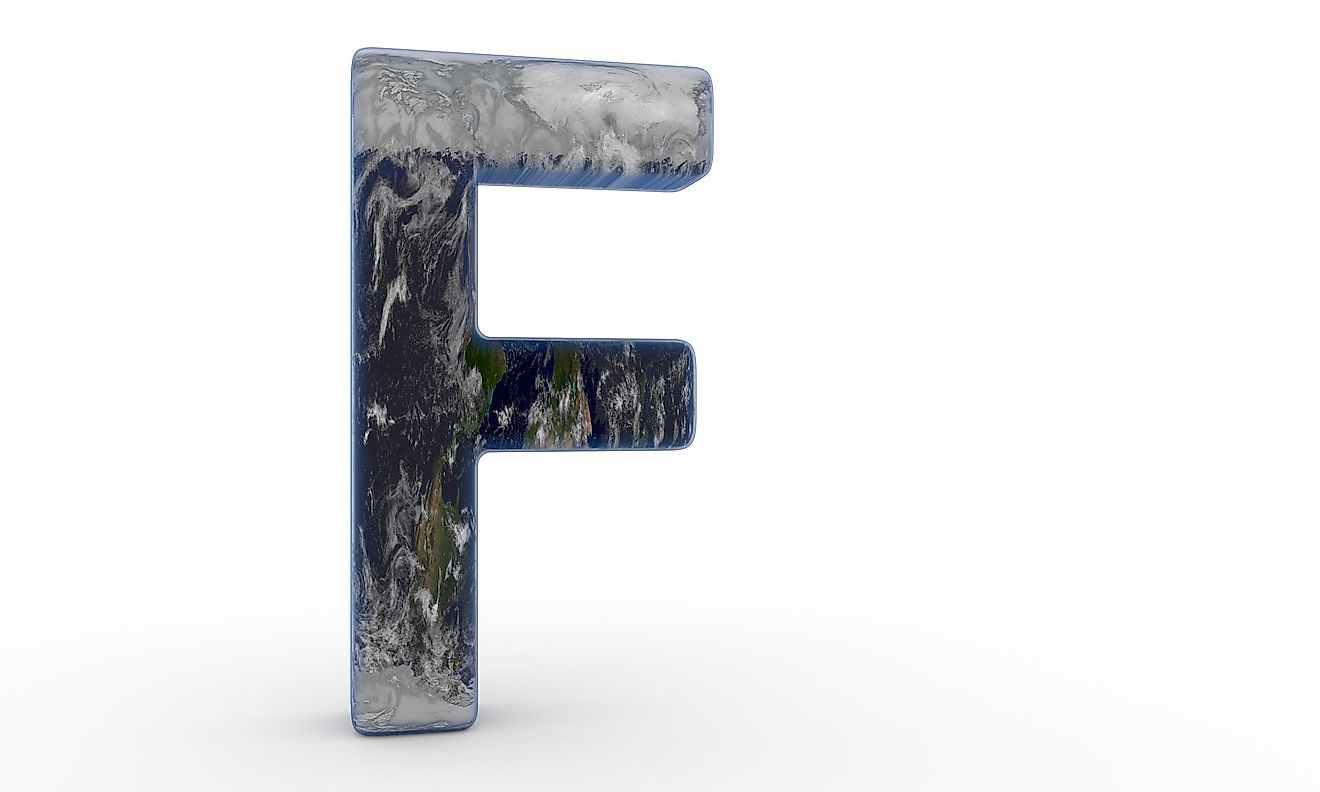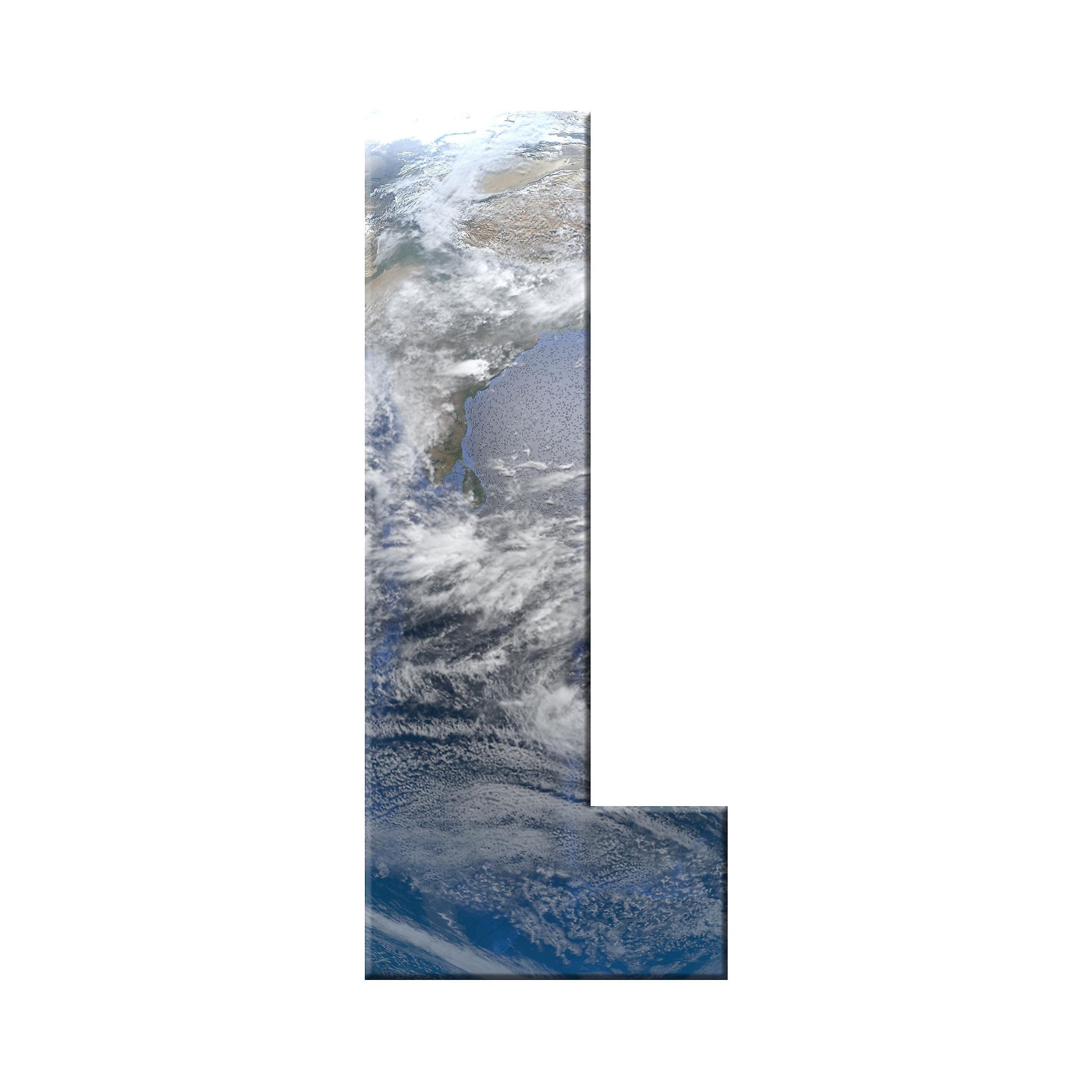
Countries That Start With The Letter L
There are 195 countries in the world, but only nine of them start with the letter "L." Even though the "L" sound starts the names of only three countries in English, it is actually used in around 56% of all languages. In English, the "L" sound shows up in about 3.98% of words, according to researchers at Cornell University. The way these nine countries got their names beginning with "L" is an interesting story. Keep reading to find out more.
All Countries That Begin With L
| Country | Population | Land Area |
|---|---|---|
| Laos | 7,633,779 | 91,428 mi2 |
| Latvia | 1,830,211 | 24,937 mi2 |
| Lebanon | 5,353,930 | 4,015 mi2 |
| Lesotho | 2,330,318 | 11,720 mi2 |
| Liberia | 5,418,377 | 42,999 mi2 |
| Libya | 6,888,388 | 679,361 mi2 |
| Liechtenstein | 39,584 | 61 mi2 |
| Lithuania | 2,718,352 | 25,212 mi2 |
| Luxembourg | 654,768 | 998 mi2 |
Laos
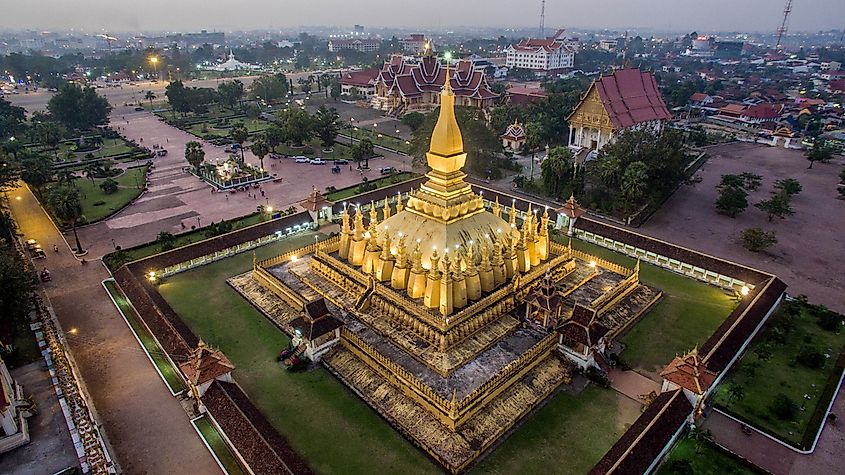
The name "Laos" refers to the Lao people, who are the dominant ethnic group in the country today. Interestingly, while Westerners pronounce the 's' at the end of this country's name, those who live there do not. This group represents a line of the Tai people who originated in mainland Southeast Asia.
Located in Southeast Asia, Laos is bordered by Vietnam, Cambodia, Thailand, Myanmar, and China. Laos has a deep history dating back to before 2000 BCE; however, its recent history has been dominated by foreign rule and conflict. Thankfully, in recent decades, Laos has experienced a period of relative peace.
Latvia
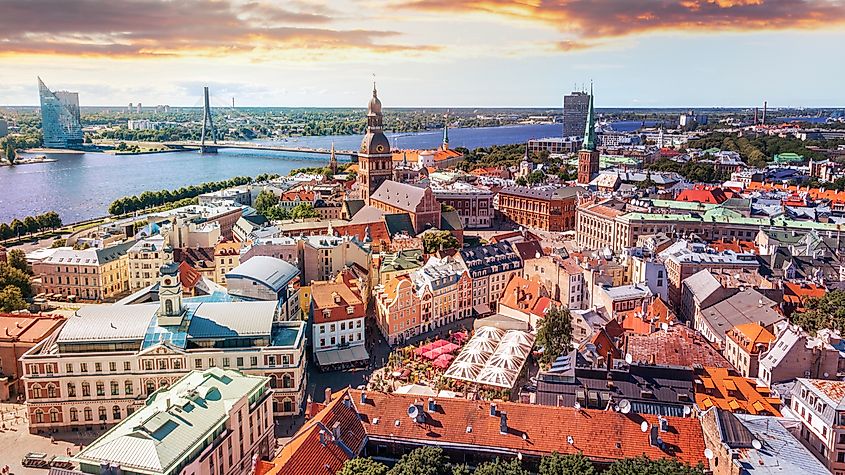
The name "Latvia" comes from the word "Latgalians," the Baltic sub-group that settled in today's Latvia. These people were one of four Baltic groups who lived in the region. Latvia has tremendous cultural influence from both Germany and Russia, two nations that at times ruled over the country.
Found in northeastern Europe bordering Lithuania, Estonia, Belarus, and Russia, this country gained its independence from the USSR in 1991, ending decades of foreign rule that began in the late 18th century.
Lebanon
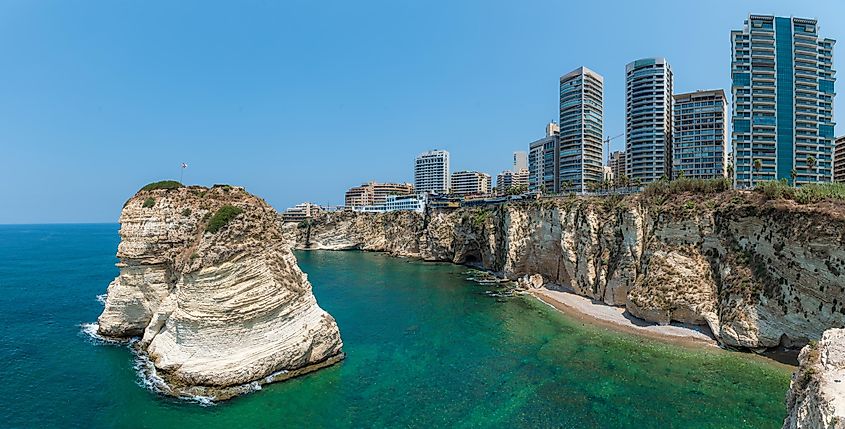
The name "Lebanon" is said to come from the Semitic root that means "white" or "milk" in reference to the snow-capped peak of Mount Lebanon. The earliest recorded uses of this name date back to the Epic of Gilgamesh, from 2900 BCE.
Lebanon is located along the Mediterranean Sea. A close neighbor to Syria, Israel, and Jordan. Lebanon is known for its religious diversity, with roughly 30% of the population being Maronite or Eastern Orthodox Christians, another equal amount following Sunni Islam, and another similar segment belonging to Shi'ite Islam.
Lesotho
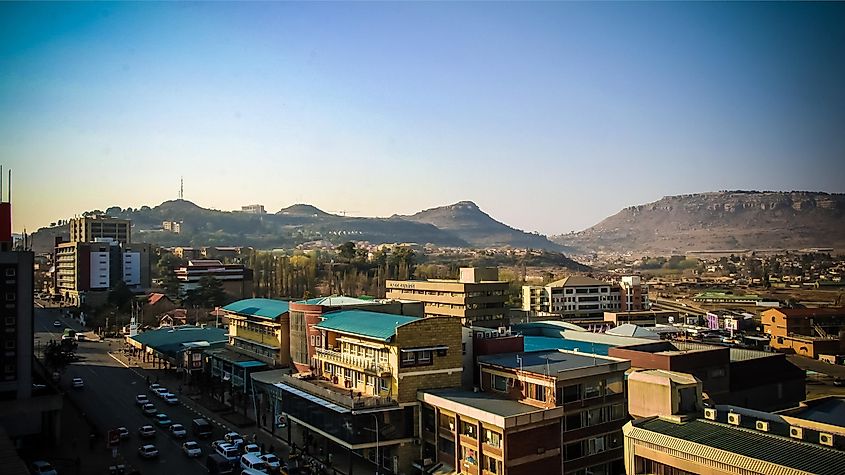
Lesotho is named for the Sotho people who live in the high grasslands of this area. The nation's history goes back a long way. In the Neolithic Period, which started around 10,000 BCE, Lesotho was inhabited by hunter-gatherers who also farmed and moved across the grassy areas of Southern Africa.
Located in Southern Africa, the land we now call Lesotho became a British colony in 1959 under the name Basutoland. However, they achieved their independence only a few years later, in 1966, and with that came the name under which they are known today.
Liberia
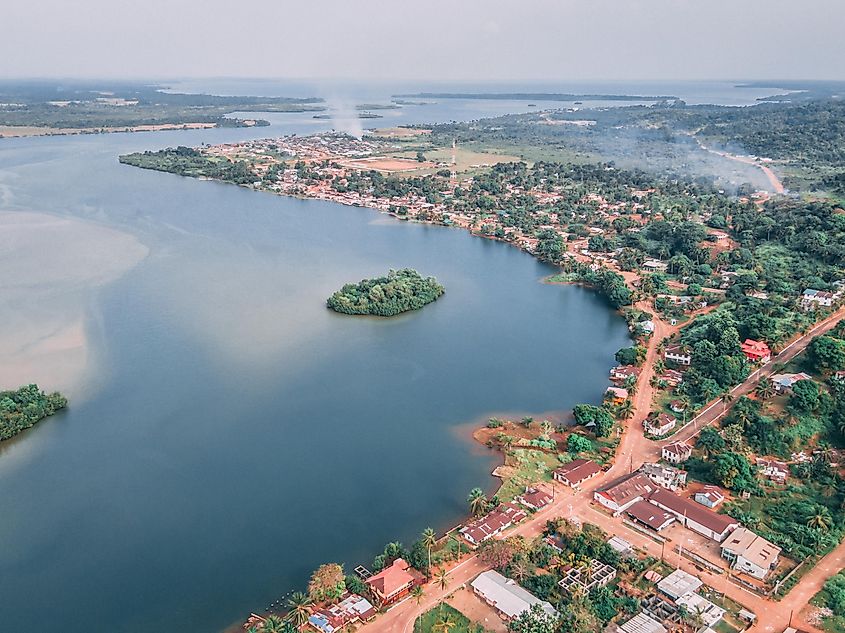
How Liberia got its name is very unique. Liberia was originally founded as a refuge for freed American slaves to resettle in Africa. Liberia" refers to the "free land" these people came to call home. Liberia was established as a colony by the American Colonization Society in 1822 and is the only state on the continent to avoid European rule during the "Scramble for Africa" in the late 1800s.
Located in West Africa, Liberia borders Guinea, Sierra Leon, and Cote d'Ivoire. Liberia is the oldest republic in the entirety of Africa and shares a constitution and legal codes similar to those of the United States.
Libya
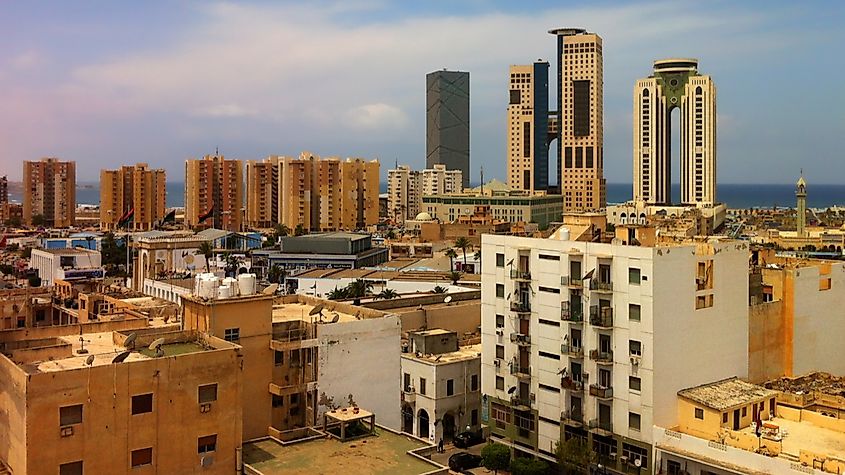
The term "Libya" comes from the Egyptian word "Libu," which is the name of one of the Berber tribes that live west of the Nile. In Greek, this word is pronounced as "Libya," and the Italians revived the ancient Greek term. In Ancient Greece, Libya was sometimes used in reference to larger parts of Africa.
Situated on the Mediterranean Sea, Libya is bordered by Tunisia, Algeria, Niger, Chad, Sudan, and Egypt. It went through various periods of Ottoman rule before Italy invaded in 1911 and claimed Libya as a colony. It was during Italian rule that this land became known as Libya, and the region was unified despite little differences between the peoples living there at the time.
Liechtenstein
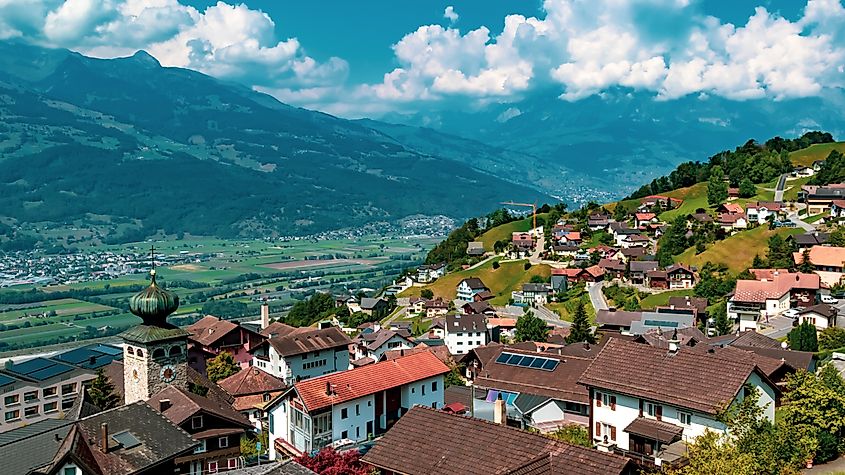
Liechtenstein's name is German in origin, and it means "light stone." Liechtenstein was once just another German-speaking state within the Holy Roman Empire, but in modern times, it is one of the last remnants of this lost state.
A landlocked country of wealth in Europe, Liechtenstein is known for being a tax haven for the rich. The country has been trying to re-establish its image recently as a legitimate financial hub. The country's name is German in origin, and it means "light stone."
Lithuania
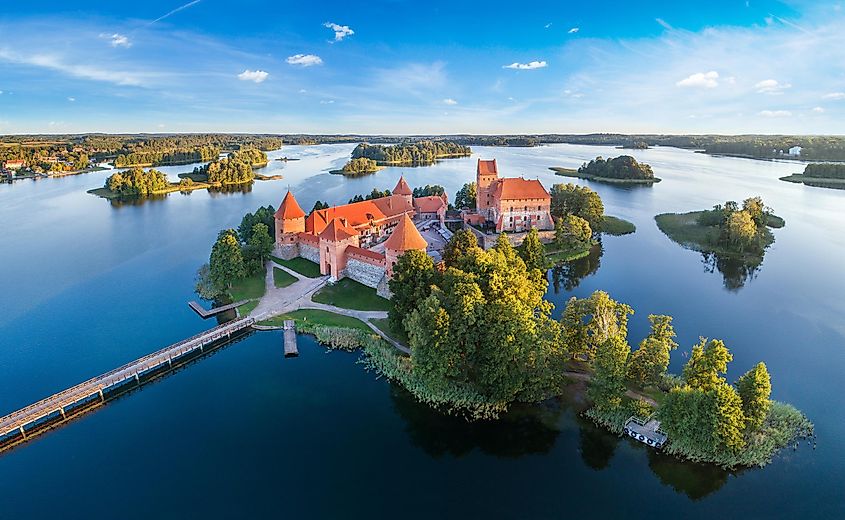
The name "Lithuania" is of Baltic origin, but scholars still do not agree on what it means. The most popularly held theory is that it originates from the Lithuanian words lyti, meaning "to rain" and lietus, meaning "rain".
Lithuania is found in the Baltic region of Europe. Bordering Latvia, Belarus, Russia, and Poland, Lithuania has a surprisingly robust and rich history despite its small size. At its height, Lithuania joined a political union with Poland and controlled much of Eastern Europe.
Luxembourg
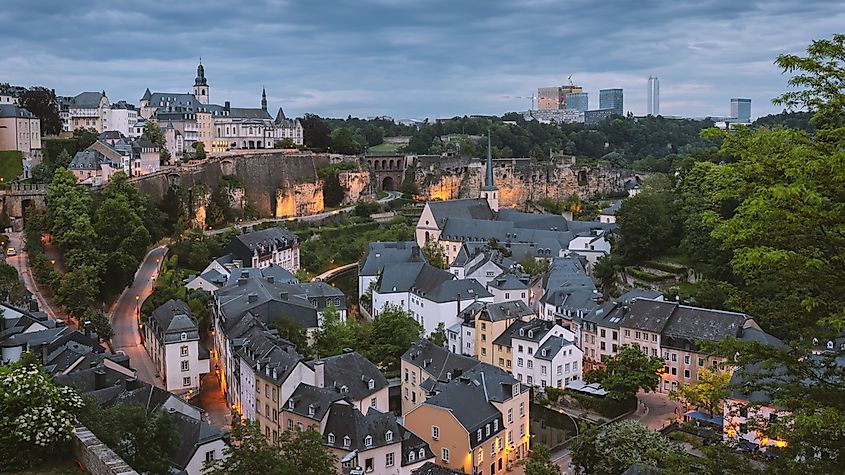
Lucilinburhuc is the original name for Luxembourg, and it refers to a historic castle commissioned by Siegfried I of Ardennes. Ardennes first got a hold of the territory that surrounds what is now Luxembourg in 936 AD, and consequently had the castle built.
Today, Luxembourg is a prominent landlocked financial center in Europe, situated between France, Belgium, and Germany. Luxembourg is one of the smallest countries in Europe. Similar to Lichtenstein, it remains one of the adjacent states that did not join Germany in the 19th century.
Conclusion
Many countries start with the letter L. Four are in Europe, four are in Africa, and one is in Asia. Each country has its own culture and history, which makes it unique in its own right. If ever given the chance to visit, any of these countries would make a great destination.




